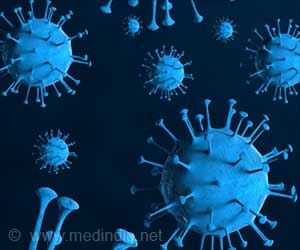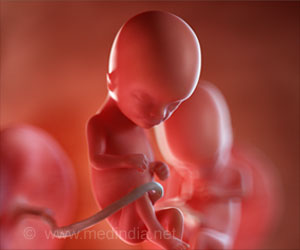While it has only been known to spread among these animals to date, the variant has shown the potential to penetrate human cells in the same way as the SARS-CoV-2 virus.
“Currently, there is no direct evidence that NeoCov affects the human body, and we should not panic or get stressed,” Dr Rahul Pandit, Member of National and Maharashtra’s Covid-19 Taskforce.
“There are many viruses in the world that are yet to be discovered and whose characteristics are not known. We are going through a challenging time and should focus on managing the ongoing Covid-19 pandemic. I advise people not to panic, keep their guard up and follow Covid-19 appropriate protocols,” added Pandit, who is also Director-Critical Care, Fortis Hospitals Mumbai.
According to the research on NeoCov, posted on preprint and not been peer-reviewed yet, the variant carries the combination of Middle East Respiratory Syndrome coronavirus (MERS)-CoV mortality rate (where one in every three infected persons may die) and the current SARS-CoV-2 coronavirus’ high transmission rate.
“It is only one mutation away from becoming dangerous for humans,” the researchers said.
But, Dr Dhiren Gupta from Sir Ganga Ram Hospital, New Delhi stated that the variant’s transmission to humans is still a “scientific speculation” and “hypothesis”.
“This NeoCov is very different from SARS-CoV virus (sarbecovirus) and belongs to merbecovirus which is a different genus.
“It cannot infect human ACE2 (scientists are speculating if it can combine with SARS and start affecting humans). This is a hypothesis raised by scientists (which is not unusual in science),” Gupta said.
He added that the theory that “one out of three may die is just an hypothesis, which social media made headlines”.
“It’s just a hypothesis turning into sensationalist doomsday predictions,” Gupta said.
Even the World Health Organization (WHO) has said that the question of whether the NeoCov coronavirus poses a threat to humans, requires further study.
“Whether the virus detected in the study will pose a risk for humans will require further study,” the health body was quoted as saying to TASS news agency.
Source: IANS



